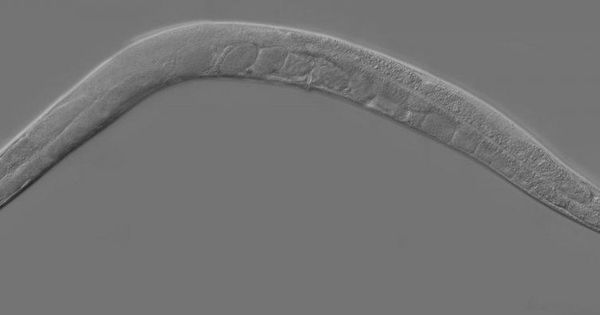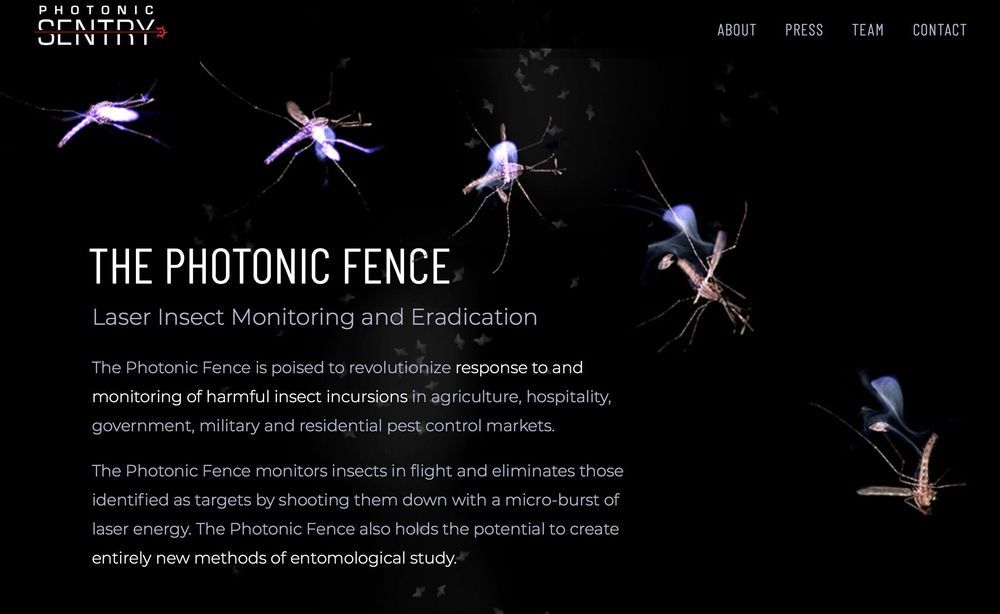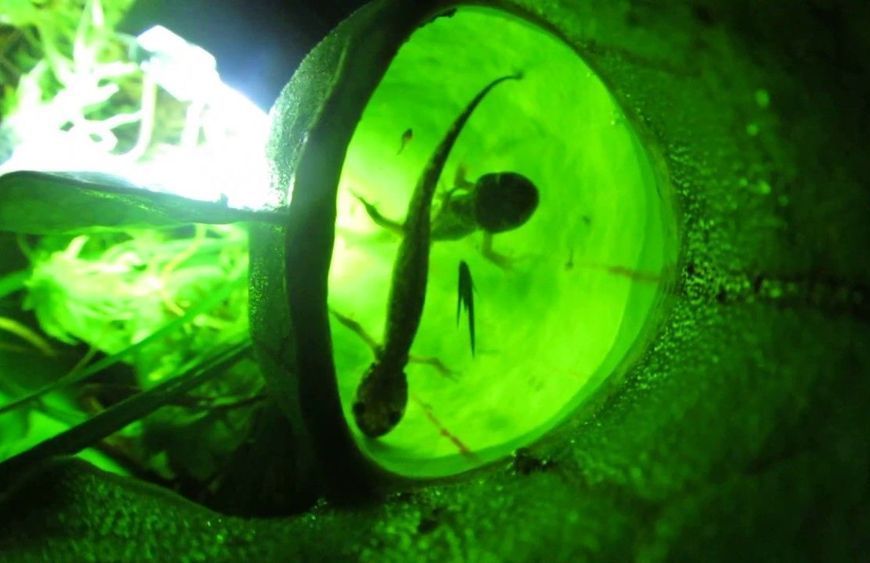We may like to think that what we do in our daily lives only affects ourselves and perhaps a few people around us, but the increasingly active field of scientific inquiry called epigenetics suggests that life experiences like what we eat and the environments we expose ourselves to can influence the health and development of our kids and the generations beyond them.
Studies of both humans and animals have suggested that a father’s experiences can be transmitted across generations, but the mechanism for this epigentic inheritance hasn’t quite been clear.
New research published Wednesday in Nature Communications details how Susan Strome’s lab at UC Santa Cruz observed the transmission of epigenetic markers in the sperm of the small roundworm Caenorhabditis elegans.









